A girl’s fifteenth birthday has always been celebrated elaborately in the Hispanic community. La Quinceanera is most prevalent in Mexico and other South American countries. That’s why when you talk about the menu for a Quince, you’ll always hear about chili, cilantro, and other classic Mexican tastes. Food prep for a Quince is similar to that of weddings as both have fancy cakes and a banquet.
In the past, after the celebratory Mass in the church, Quinces were then celebrated with food and dancing at the home of the guest of honor. This was rarely a problem space-wise because only relatives and a few friends were invited and so everyone could easily fit into the house, backyard, or garden.
Today, Quinceaneras are held at hotels, resorts, and other posh venues, with the result that the food alone takes a big bite out of the party’s budget. Some families still serve traditional Mexican food then add tastes of other cuisines to suit their guests. Catering companies are highly sought after since cooking at home may entail too much time and hard work for the celebrant’s family to handle alone, especially when the guest list tops 200. Some, though, continue to keep it simple and intimate and hold the reception in a restaurant. So just what delicious treats await the Quinceanera guest of today?
That often depends on the theme. You wouldn’t expect seafood and tropical fruit at a winter Quinceanera—unless the location was in the subtropics, such as lower Florida and California. Some celebrants do offer “off-season” food, which is fine as long as her guests love it!
Let’s talk about some of the classic—and not so classic—menu offerings of today’s Quinceanera celebration.
For a traditional Quinceanera menu, picadillo is usually served as a filling for tamales and tacos. Menudo or pozole is a heavy filler, and cabrito (usually a 3-month old roasted goat kid) is a specialty among the Hispanic community and is offered at almost all Quinces as the main course.
In addition to tortilla chips, guacamole, rice, and beans, side dishes commonly consist of vegetables. Jetty—a popular chocolate sauce added to many Mexican dishes—may also be served.
Arroz (a cream rice pudding made with milk, sugar, and cinnamon) and pan de Polvo (cookies covered with powdered sugar, usually featuring cinnamon and anise) will delight a guest’s sweet tooth. Other dessert choices include pan dulce, conchas, and churros.
Because the majority of Quinceanera guests are under age, you’ll usually find non-alcoholic beverages at the party with champagne reserved for the toast. Wine, beer, and hard liquor may be offered for adults, though.
Some American families with a Hispanic heritage also celebrate Quinces, but the traditional food is not the norm. Again, the theme dictates. A Hawaiian theme Quince may offer a luau with sushi, fresh pineapples, macaroni salad, egg rolls, and a barbecue cookout. For a Little Mermaid theme, you’ll probably find seafood such as clam chowder, shrimp skewers, stuffed lobster tails and crab cakes. Thoughtful hosts make sure to include some foods that can be enjoyed by those with allergies or vegetarian preferences.
For a Western cowgirl-inspired Quince, the menu might include mashed potatoes and gravy, pork barbecue, steak, beef brisket, green beans, coleslaw, and cornbread.
As you can see, there are many menus to choose from and preparing for each entails different quantities of time and money, whether or not it’s a catered event.
Potlucks were a favorite for many years because the Quinceanera was a family affair with relatives usually in charge of the cooking and baking the cake. Today, parents hire catering companies making it less of a hassle on their part. Taking into consideration the size of the guest list, the celebrant—together with her parents—decide how the Quinceanera meal will be served.
A typical sit-down dinner with a 3- to 5-course meal is expensive. Guests often choose between beef, chicken, fish or a vegetarian course. Buffet style dinners are a popular choice because they’re (usually) more cost-effective, and guests can help themselves. But even with a buffet, coordinators must check the total headcount a few days before the Quince so that estimates and extras can be arranged. You wouldn’t want a food shortage so make sure you always have more than less. Even if there are leftovers, those make great take-home for the day after!
At a Quinceanera, just as at a wedding, the cake is usually the focal point. A typical Quinceanera cake may have a doll with a tiara that resembles the guest of honor, or the Quince with her court on a winding staircase. In the past, a family member would bake the cake. Today, parents often hire pastry chefs and experienced bakers to create elaborate concoctions. Cakes today are also more personalized with multiple tiers of richly flavored layers covered in heavy fondant icing with specialized theme flowers and designs. As they say, Quinces nowadays are basically “pre-weddings” when it comes to cake. Some Quince cakes even have fountains and LED lighting. Talk about elaborate!
Although a Quinceanera is a major event, never forget its true meaning. Coming of age involves future tasks and responsibilities. Moreover, not all families can afford a grand Quince, so even if your party is simple and intimate, it will still be magnificent because it’s yours! If you do have money for an elaborate Quinceanera, though, you should still do everything you can to keep the tradition’s sacred roots.
Note: Don’t forget to do a taste test for all the food!













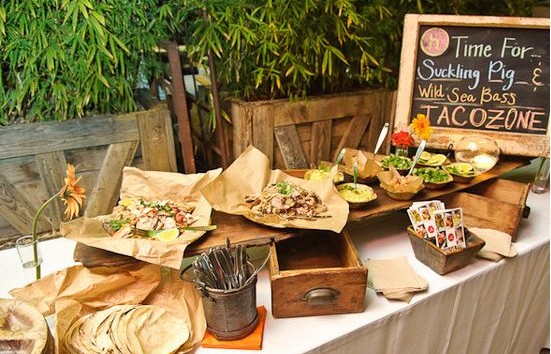
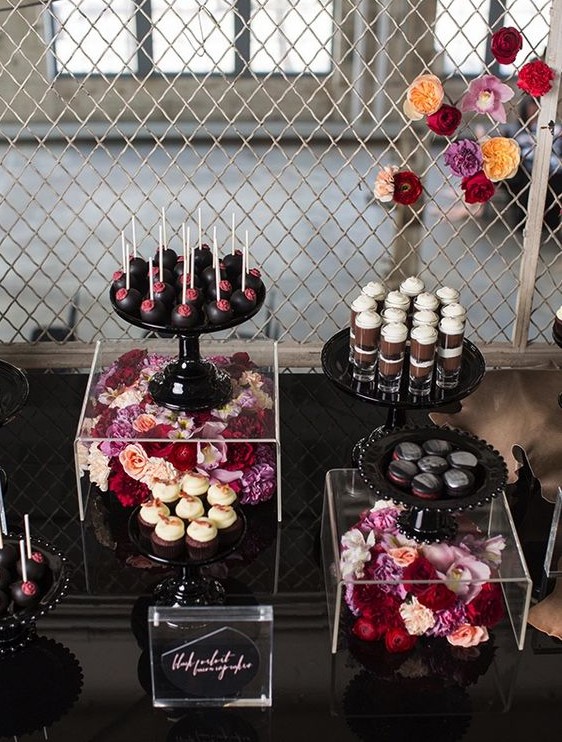
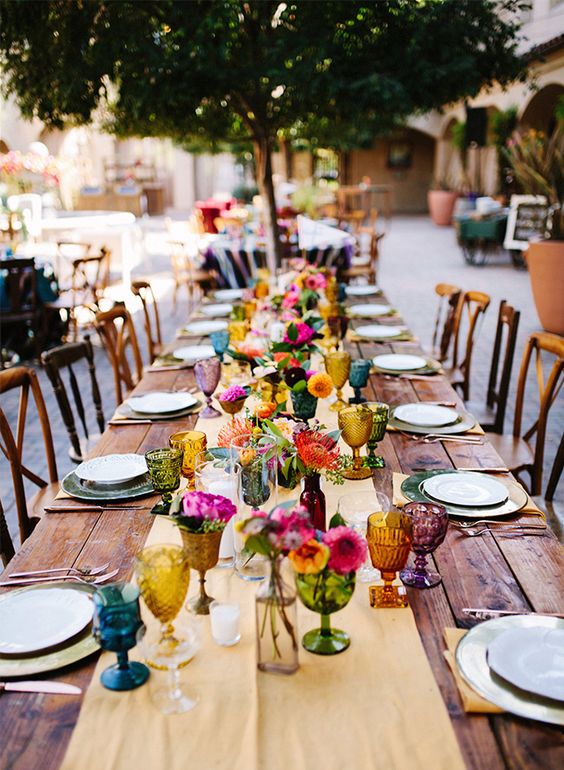
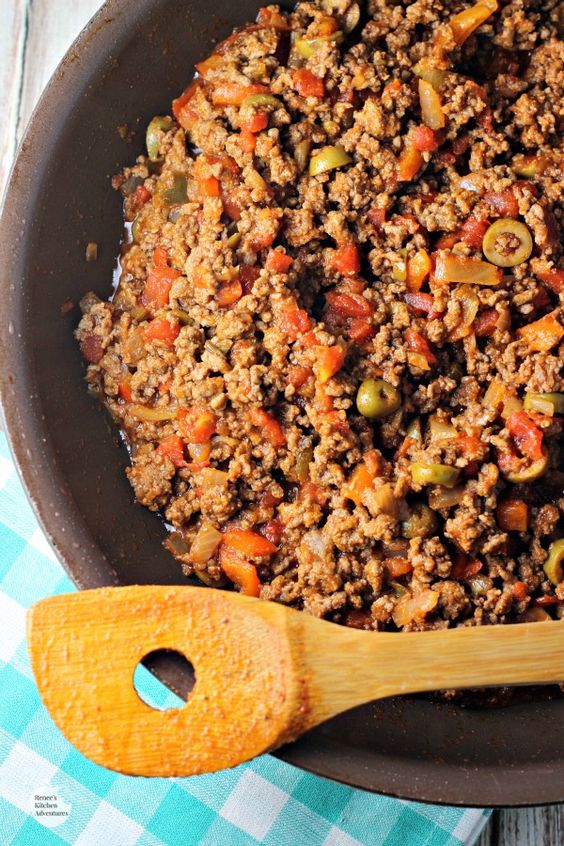
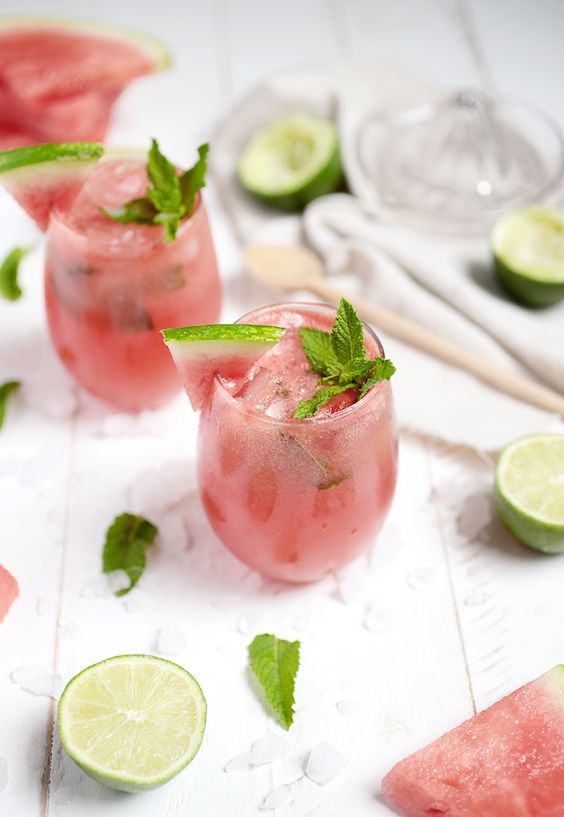
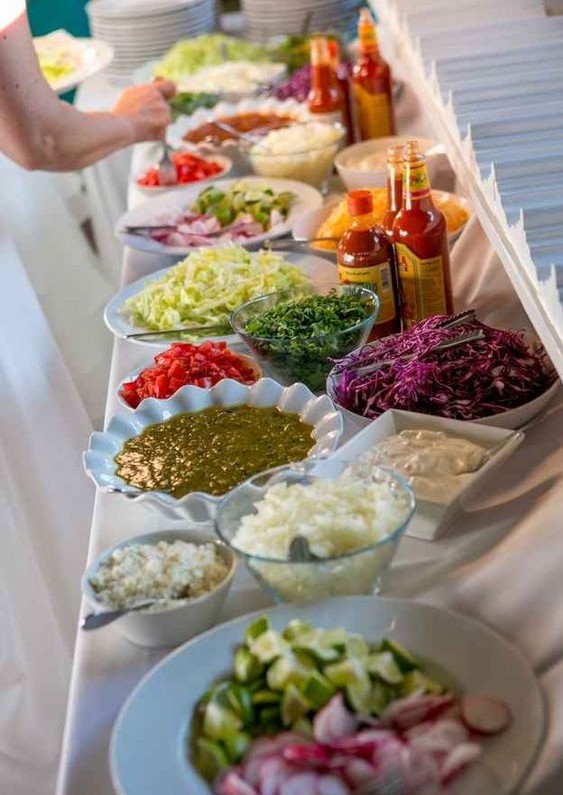
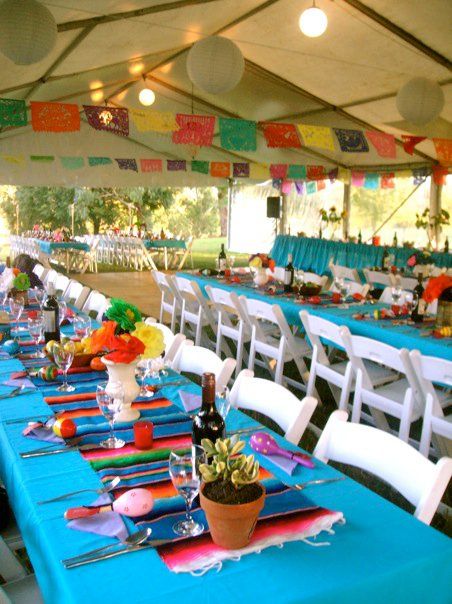





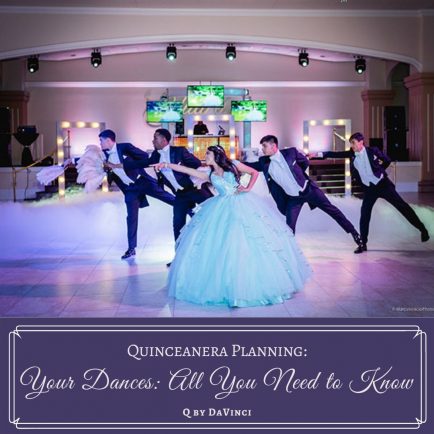
Comments